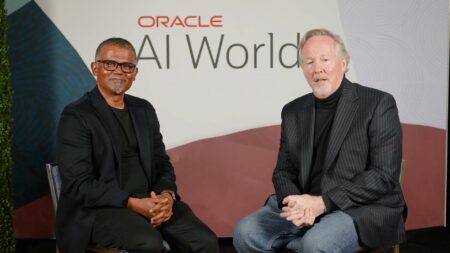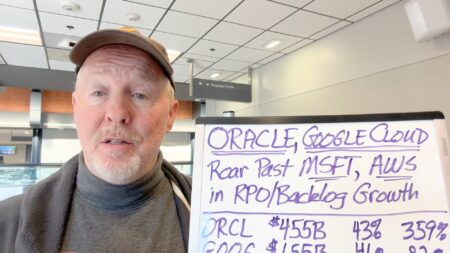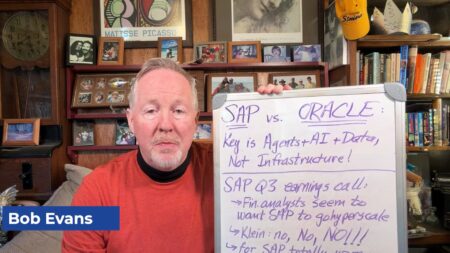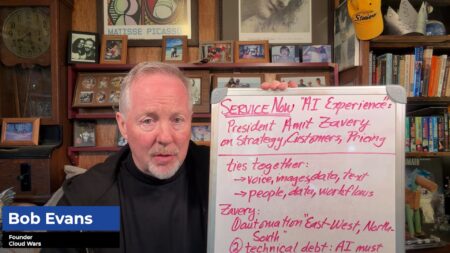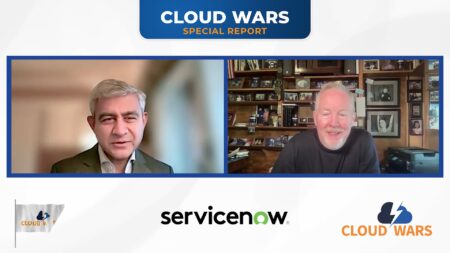Oracle’s cloud strategy blends full-stack engineering with aggressive AI and GPU expansion.
Search Results: ML (3024)
Microsoft’s latest Copilot update introduces text-based interaction with Copilot Vision, expanding beyond voice commands to give users more flexibility and accessibility.
Oracle and Google Cloud are outpacing AWS and Microsoft in RPO/backlog growth, signaling a shift in cloud market leadership focused on future business commitments rather than past revenue.
At Oracle’s AI World event in Las Vegas, Executive VP Juan Loaiza discusses why databases are more important than ever, because AI is making data accessible in new ways, enabling business users to interact via natural language rather than traditional SQL.
Microsoft Azure’s Q3 share slips as Google Cloud gains momentum in new customer acquisition and market performance.
Microsoft has launched new no-code AI agents in 365 Copilot, enabling business users to easily build apps and automate workflows using natural language.
Despite Oracle’s AI infrastructure play, SAP stays the course with a strong software-first AI strategy, avoiding multibillion-dollar CapEx.
Oracle NetSuite’s next evolution brings agentic intelligence to everyday business operations.
SAP CEO Christian Klein reaffirms SAP’s strategy to focus on AI, business data, and customer outcomes — rejecting hyperscaler ambitions and outpacing Oracle in cloud growth.
Emerging Microsoft AI agents for ERP systems automate core financial processes — such as reconciliation, variance analysis, and reporting — within Dynamics 365 to streamline the record-to-report (R2R) cycle and enhance audit readiness.
AI succeeds when it solves real problems for employees and customers alike.
Mico reacts visually and conversationally in Copilot’s new release, elevating user engagement with adaptive tone and personality.
ServiceNow launches its AI Experience platform to unify data, workflows, and automation across enterprises — driving innovation, reducing technical debt, and building customer trust through open, integrated AI solutions.
ServiceNow’s Amit Zavery explains how the new AI Experience unifies fragmented enterprise systems into a single, trusted workflow platform that automates work, reduces tech debt, and delivers measurable business outcomes.
SAP is pulling far ahead of its rivals as the enterprise-apps market shifts toward agentic AI, posting growth rates more than double those of Oracle and Salesforce.
SAP’s focus on evolving its cloud ERP and Business Data Cloud platforms is paying off with dramatic Q3 gains.
At Community Summit NA, Microsoft showcases Copilot and AI agent integration across Azure and business apps, empowering users through collaboration and innovation.
Agentforce by Salesforce transforms ITSM with agent-first, conversation-driven support integrated directly into Slack, Teams, and other portals.
Final day of Community Summit North America 2025 spotlighted AI’s real-world impact — from cybersecurity and Copilot innovation to the evolving partnership between humans and intelligent technology.
The recent outage that AWS experienced could have a significant impact on the company’s reputation, pushing it further behind competitors.


